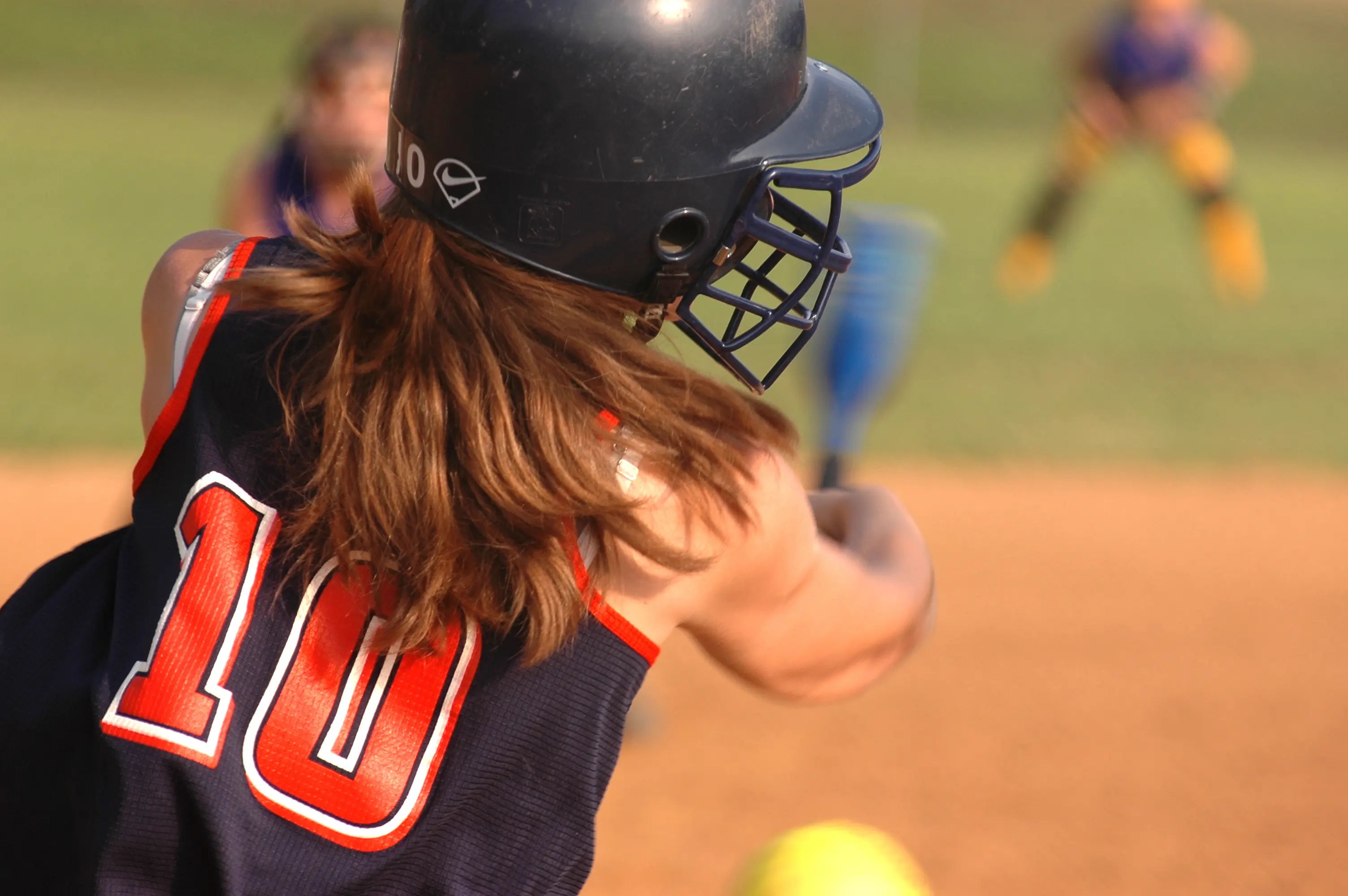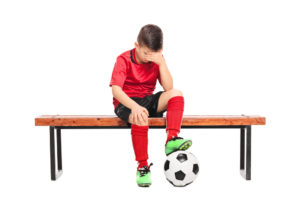
Mar 10, 2016 • 4 min read
Every Practice Can Be Productive
Posted in:
“I had a bad practice.”
This is a common complaint I hear from athletes I work with. A bad practice can make some young athletes feel frustrated and angry. At worst, it can ruin their focus and self-confidence.
But even a bad practice can be productive. The truth is, they’re inevitable, so what matters is how you respond to them.
Let’s start with my one definition of a bad practice: when you give up on yourself. That is the worst kind of practice and can only harm your future performances. However, this definition leaves things completely within your own control; it’s all about how you react to your challenges.
 I’m not asking you to say “I’m lovin’ it!” At the same time, you can’t hate it, because if you do, you will probably give up and your practice be wasted. You need to find a middle ground between the extremes of love and hate. It helps to just “accept and deal,” meaning acknowledge that it’s going to be a tough day and decide that you’re going to get the most out of it you can.
I’m not asking you to say “I’m lovin’ it!” At the same time, you can’t hate it, because if you do, you will probably give up and your practice be wasted. You need to find a middle ground between the extremes of love and hate. It helps to just “accept and deal,” meaning acknowledge that it’s going to be a tough day and decide that you’re going to get the most out of it you can.
Second, on bad days, it’s easy to go to the “dark side,” meaning you get negative, discouraged, and maybe even quit. Instead, you could stay positive and choose to keep fighting through the challenges. Training and ingraining this more constructive reaction is so important because you’re going to have a lot of those “bad days” in your sports career. And you can decide whether the Force is going to be with you or against you (apologies for the Star Wars reference).
Third, those bad days are great opportunities for you to get comfortable with being uncomfortable. These experiences are so valuable because there is a lot of discomfort in sports, and in life. Plus, the only way you’re going to continue to progress toward athletic goals is to get out of your comfort zone.
Fourth, sports are rife with adversity. Weather conditions, tough competitors, screaming parents, disappointment…the list is long. Moreover, everyone on the field has to perform in many of the same conditions. So it’s not the conditions that matter, but rather how you perceive and react to them (fight or give up). Bad days are a great way to figure out how to perform your best (or just survive) in those tough conditions, so when you get to game day with similar bad conditions, you have the attitude and tools necessary to respond positively and perform as well as you can.
Fifth, as I noted above, so-called bad days can trigger a number of unpleasant emotions, such as frustration and disappointment. You have the opportunity to turn those emotions around and generate more positive emotions, such as pride and inspiration. Clearly, this “emotional mastery” will serve you well on game day.
Finally, reinterpreting so-called bad days will make you a more resilient and adaptable athlete. Resilience means you’ll be better able to react positively to the always-present adversity of sports. You will have a stronger mind for everything that sports (and life) throws at you every day.
The end result is simple, yet powerful. When you make every day a good day of practice, you have fewer ups and downs, you have more fun, you perform better, and you progress toward your sports goals faster.
Dr. Jim Taylor is an internationally recognized authority on the psychology of performance in business, sport, and parenting. Dr. Taylor has been a consultant for the United States and Japanese Ski Teams, the United States Tennis Association, and USA Triathlon, and has worked with professional and world-class athletes in tennis, skiing, cycling, triathlon, track and field, swimming, football, golf, baseball, and many other sports. See more of his blogs at www.drjimtaylor.com.
